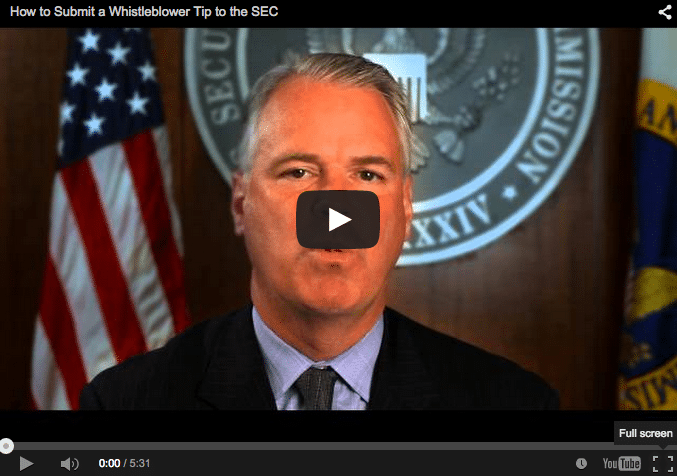 NYT article: https://www.nytimes.com/2017/05/15/business/dealbook/a-whistle-blower-tells-of-health-insurers-bilking-medicare.html
NYT article: https://www.nytimes.com/2017/05/15/business/dealbook/a-whistle-blower-tells-of-health-insurers-bilking-medicare.html
Before we can talk about Benjamin Poehling, the whistleblower claiming UnitedHealth Group and others have been systematically scamming Medicare for years, we need to talk about a program called Medicare Advantage.
Medicare Advantage was created in 2003 as a way to fix the budget crisis Medicare faced. This program gave part of Medicare over to private insurance companies, with the expectation that those insured could receive better care for less money. Now, a third of Americans receiving Medicare do so under Medicare Advantage. Previously, the private insurers would take on these patients and then submit claims to the government for reimbursement of the money spent on the patients in the form of procedures. However, this provided an incentive for doctors to perform unnecessary procedures, raising the overall cost of the program and wasting taxpayer money. So, Medicare Advantage was set up differently.
Under Medicare Advantage, a private insurer is paid a set yearly fee for each patient it takes on that is covered by the program. This fee is determined not by procedures performed, but by diagnoses. This fee is affected most by a patient being treated recently for certain conditions, which provides incentive for insurers to go looking for diagnoses. The example given in the NYT article is that of a patient diagnosed with diabetes and kidney failure when she was taken on, but if the insurer could argue that the kidney failure had been caused by diabetes, the insurer would receive an additional $3,300 a year for that patient.
That’s where Mr. Poehling and other whistleblowers like him come in. Poehling worked for UnitedHealth for ten years, from 2002 to 2012, as a finance director. Poehling claims that UnitedHealth was abusing government funds through Medicare Advantage by only searching for diagnoses that would raise a patient’s “risk score,” or the measurement of a patient’s health that determines how much an insurer is paid for that patient. Poehling says that in the example of the patient with diabetes, UnitedHealth would not also screen for high blood pressure, a potentially dangerous condition, because high blood pressure would not raise the patient’s risk score. Poehling also says that he and his coworkers were given bonuses for achieving revenue targets, but not for “better health outcomes or for more accurate patients’ charts.”
Poehling is suing UnitedHealth under the False Claims Act for the potentially billions of dollars the company may have received from the government under false pretenses. Whistleblowers, people like Poehling, who come forward with information about potential misuse of taxpayer funds, are protected under the FCA. They seek to bring these companies to justice, and are rewarded with a percentage of whatever payout results from the case.
Even well-intended programs designed to thwart one type of fraud can create unintended incentives for other types of fraud. Companies and individuals who cannot resist the temptation to skirt the rules and claim benefits to which they are not entitled are setting themselves up for prosecution. Oftentimes employee-insiders figure out or know about the fraud, are uncomfortable with what they’re being asked to do on the job, and make the difficult decision to put a stop to it.
Mastando & Artrip are experienced in handling cases like these where whistleblowers seek to bring to light misdeeds by private companies. If you believe you may have information about a FCA violation, give us a call at 256-532-2222 and we’ll be happy to speak to you.



